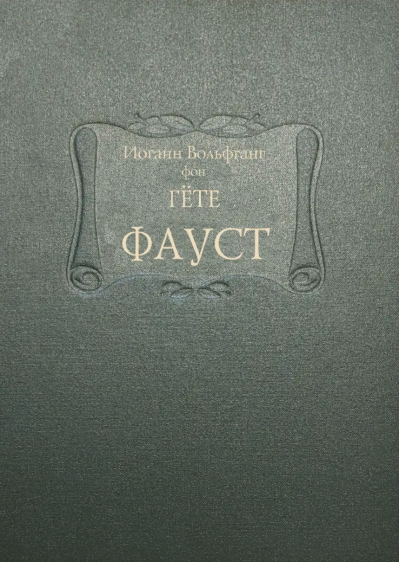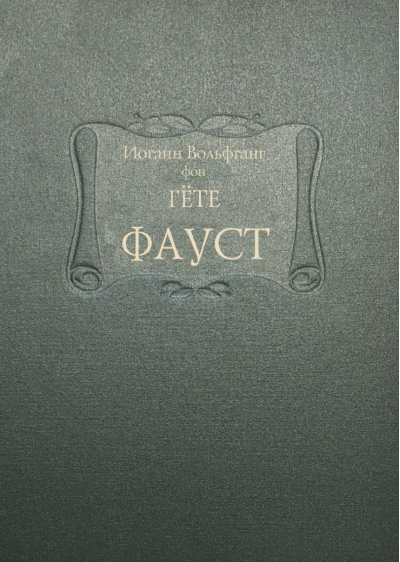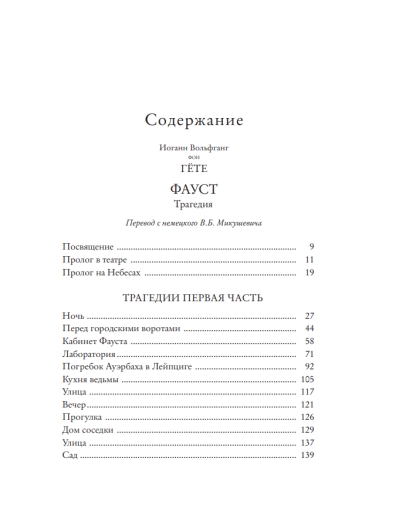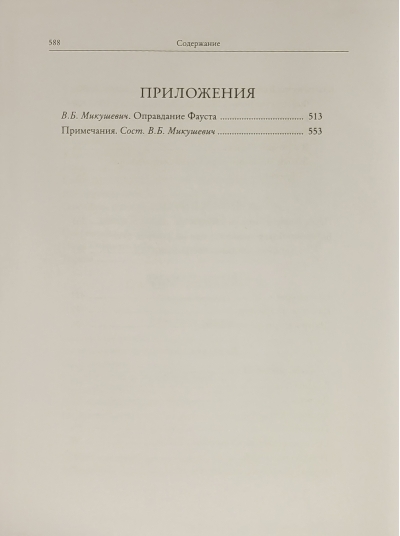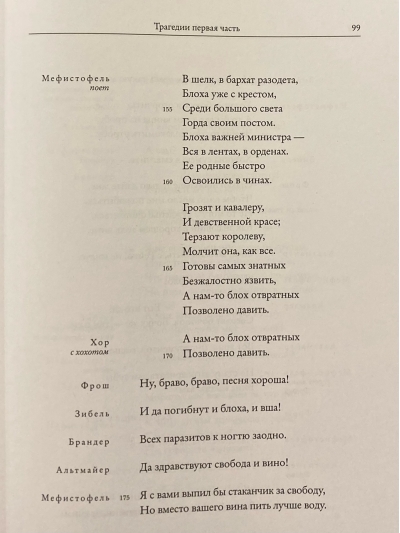Faust
49.99 €
The only thing available 3
"Faust" is not only the main work of the brilliant German poet, thinker, mystic, and visionary Johann Wolfgang von Goethe (1749-1832), who devoted sixty years of his life to composing this tragedy; it is, without a doubt, the crowning work of both German poetry and world literature, "the greatest creation of the poetic spirit" (A.S. Pushkin), a book that is still one of the cornerstones of German and European culture. The central character of the poem stands in the same row with such iconic characters of the New Age as Hamlet, Don Juan, and Don Quixote. It is no coincidence that Oswald Spengler proclaimed the "Faustian culture" - the thousand-year path of the German nation, and it is not for nothing that the ideas that formed the ideological foundation of "Faust" are considered the highest embodiment of the "German spirit". The tragedy is based on the classic legend about the semi-legendary wandering alchemist, astrologer, sorcerer and warlock of the German Renaissance (16th century) Doctor Faust, who became disillusioned with life and in exchange for the opportunity to enjoy all the pleasures, knowledge and power in this world agreed to give his soul to the Devil. Having decisively rethought the legend, Goethe created a philosophical parable about the "secrets of life", about a Man endowed with an inquisitive and active mind, a modern intellectual, who eventually realizes that indulging his boundless desires in an unbridled desire for superiority is dangerous for himself, but at the same time it is they that allow him to act and thus give him a chance for salvation. The intrigue in the poem is essentially built on the opposition of two principles: Faust, personifying man, his mind, seeking truth, his soul and his feelings, giving the world life and joy, and Mephistopheles, embodying the other worlds, fate, skepticism - an evil and powerful creature who seeks to prove that everything in the earthly world is subject to his will, and man is an insignificant worm. Eternal Femininity, reigning over our world, ultimately saves the main character of the poem (like any person) from non-existence.
The verse in "Faust" is aphoristic, distinguished by a special concentration of thought, complex whimsical rhythms and melody. Many Russian masters have taken on the translation of the poem more than once. The pre-revolutionary translation by N. Kholodkovsky and the modern translation by B. Pasternak have been considered the most successful so far. If the first is precise, but falls short of the original in poetic terms, the second is poetically strong, but still too free.
The outstanding Russian translator V. B. Mikushevich (1936–2024) created a translation that is not only free of these shortcomings, but at the same time masterfully conveys the merits of the original, both the depth of the thoughts contained in it and the richness of its poetic language. For the first time, the Russian reader will be able to see the poem as the “Weimar elder” intended it.
The translation is accompanied by an article and comments prepared by the translator.
Recommended for the widest possible range of readers.
The verse in "Faust" is aphoristic, distinguished by a special concentration of thought, complex whimsical rhythms and melody. Many Russian masters have taken on the translation of the poem more than once. The pre-revolutionary translation by N. Kholodkovsky and the modern translation by B. Pasternak have been considered the most successful so far. If the first is precise, but falls short of the original in poetic terms, the second is poetically strong, but still too free.
The outstanding Russian translator V. B. Mikushevich (1936–2024) created a translation that is not only free of these shortcomings, but at the same time masterfully conveys the merits of the original, both the depth of the thoughts contained in it and the richness of its poetic language. For the first time, the Russian reader will be able to see the poem as the “Weimar elder” intended it.
The translation is accompanied by an article and comments prepared by the translator.
Recommended for the widest possible range of readers.
See also:
- All books by the publisher
- All books by the author
- All books in the series Monuments of world literature


